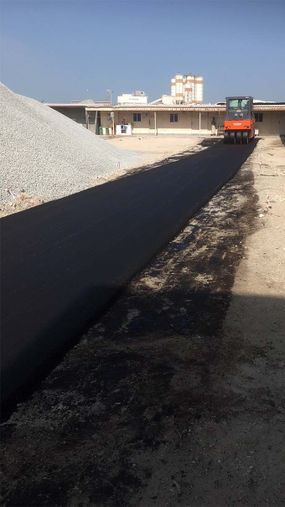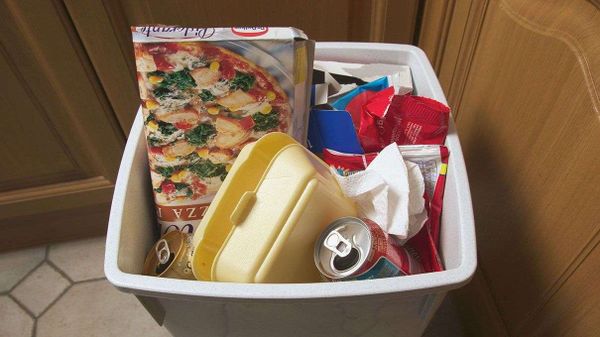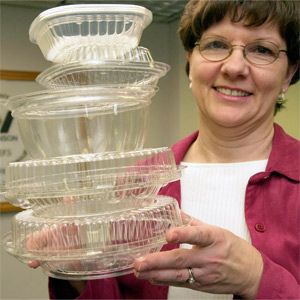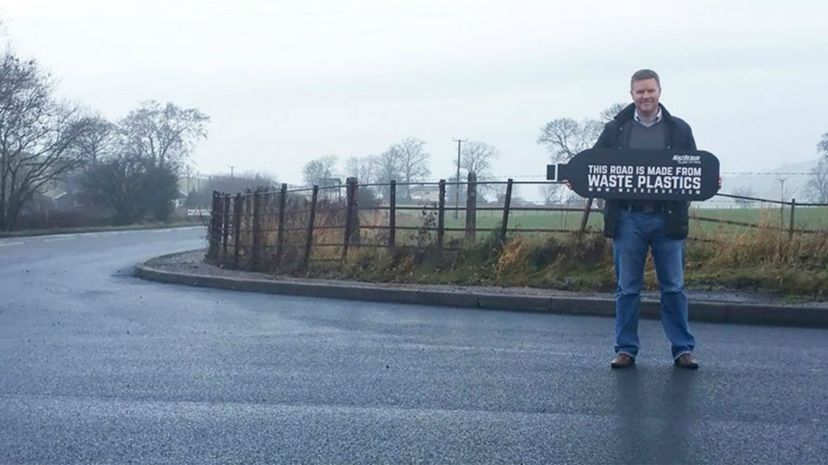
A few years ago, engineer Toby McCartney was working in southern India with a charity that aided pickers who worked at landfill sites harvesting reusable items and selling them. McCartney discovered that plastic waste they retrieved was being put into potholes in roads, doused with gasoline, and set afire. When the plastic melted into the holes and then hardened, it filled them.
When McCartney returned to Scotland, he told two of his friends about what he had seen. As MacRebur co-founder and chief operating officer Gordon Reid recalls, they decided that it would work better to use plastic waste to create a new type of material specifically designed for use in roads. After a year of research, they developed a method for transforming a mix of industrial and consumer plastic waste into pellets of a new material that could replace asphalt, the oil-based sealing material that holds asphalt together in roads.
Advertisement
Since MacRebur started operations in April 2016, the company's recycled plastic road-building material has been used to build roadways in places ranging from Australia to Dubai, according to the Daily Record, a Scottish newspaper.
"We've got roads on every continent," Reid notes. "And we've had interest from round about 50 countries in the world. The company currently is having discussions with a university in California about building a test road to demonstrate that its plastics are compatible with standards in the U.S.," he says.
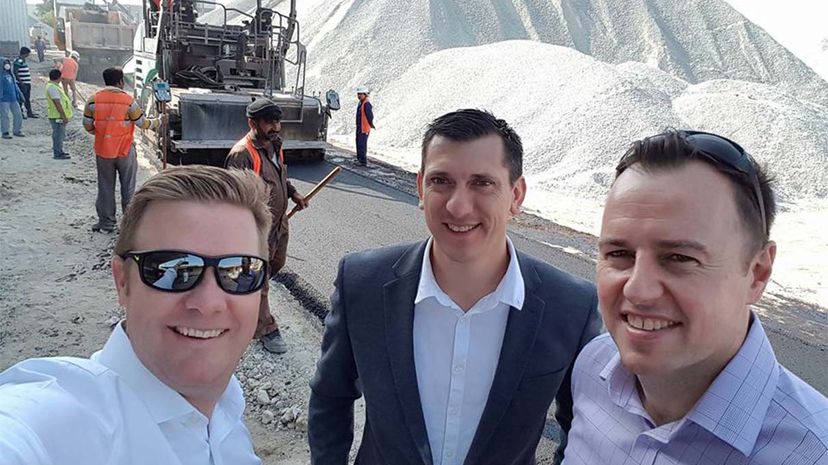
Advertisement
